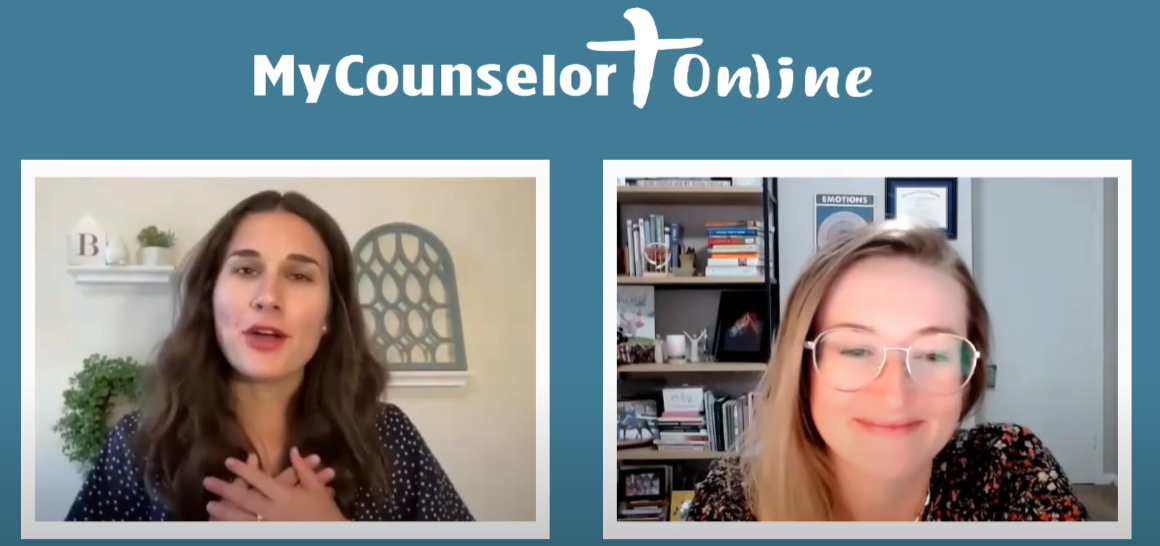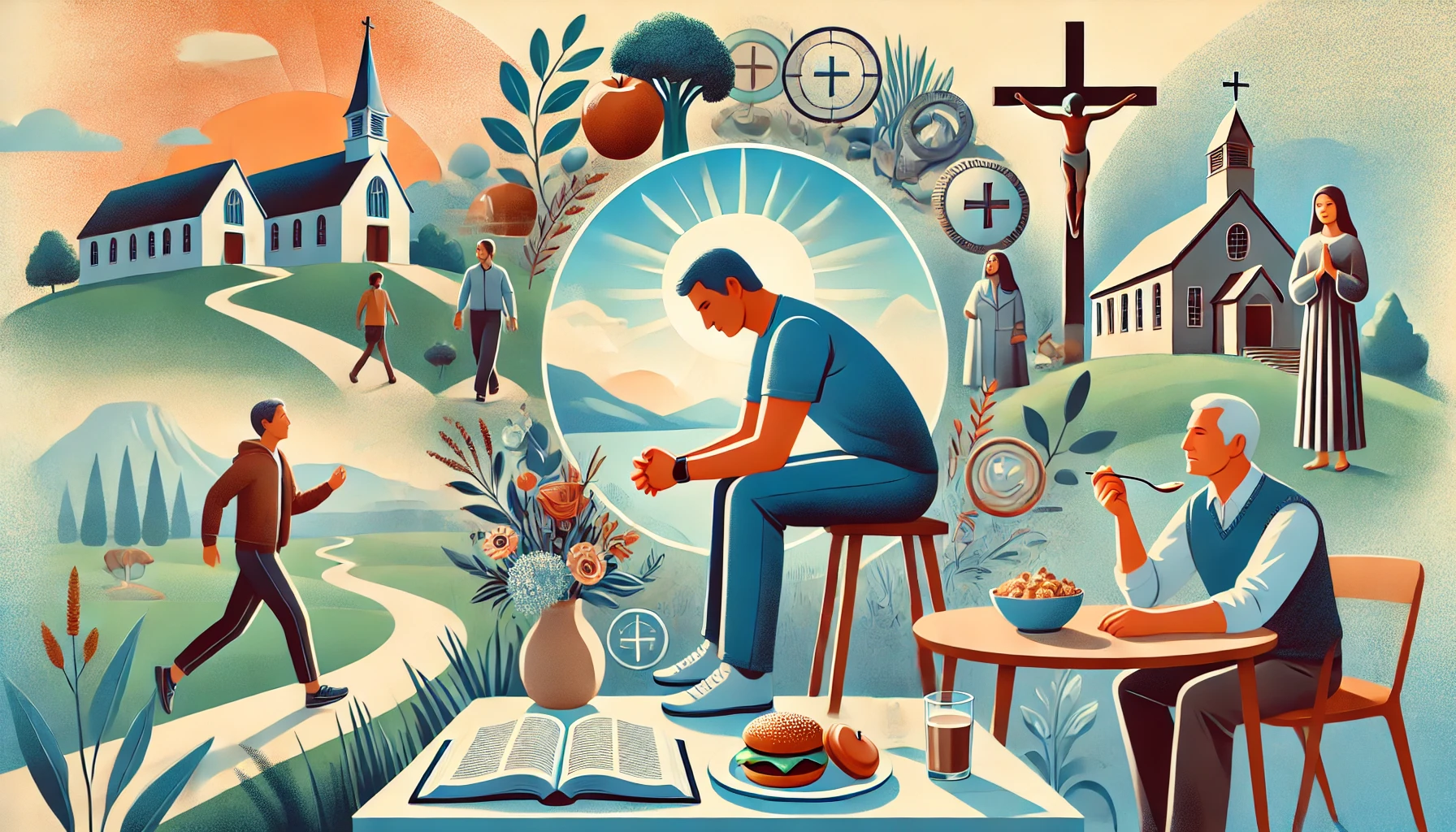Four things you should tell your daughter about the female body
This article is based on scientific evidence and clinical experience, written by a licensed professional and fact-checked by experts.
Posted: October 18, 2023
Estimated reading time: 5 minutes
In This article

So often this conversation about our bodies never happens, or if it does it is full of shame and silly metaphors no one understands. Growing up many women do not understand their bodies and the amazing way God created us to live and experience each of our cycles, sexual pleasure, and sometimes pregnancy. I hope these 5 tips will be helpful to those who are starting to talk with their daughters about their bodies, and also for those who ache to know more about their own bodies and our amazing creator behind it all.
Just by seeking out an article like this you are already on your way to helping the next generation of young women love their bodies that God created! YAY!
1: You are created by God!
The creator of the universe also created you and developed systems and processes that help your body function its best. As women we have the opportunity to know our body through several different life stages and then stages within those stages. Pretty cool stuff! God has a reason for all of it and all of it is such a wonderful beautiful design even if a bit annoying at times. The more we know about our bodies the closer we can be to understanding and marveling at the awesomeness of our creator.
I praise you because I am fearfully and wonderfully made; your works are wonderful, I know that full well. Psalm 139:14
Then the LORD God made a woman from the rib he had taken out of the man, and he brought her to the man. The man said, “This is now bone of my bones and flesh of my flesh; she shall be called `woman, ‘ for she was taken out of man.” Genesis 2:23
2: You have 4 unique cycles of your period!
The week that you bleed (uterine wall sheds lining) is just one small part of your month-long cycle. There are four unique phases that help us learn what our body needs in each phase as our body does different things.
Follicular – also known as spring or pre-ovulation: Hormones increase to create a follicle that can be matured to an egg. Rising levels of estrogen, the hypothalamus in the brain recognizes these rising levels and releases a chemical called gonadotropin-releasing hormone (GnRH)
Ovulation – also known as summer: The egg bursts from its follicle and starts to travel into the fallopian tube. The ruptured follicle stays on the surface of the ovary and will eventually help to produce progesterone which helps the uterus prepare for fertilization.
Luteal – also known as fall or premenstrual: If there is no fertilization of the egg the body will prepare to shed the thick uterine wall. For the next two weeks or so, the follicle transforms into a structure known as the corpus luteum. This structure starts releasing progesterone, along with small amounts of estrogen.
Menstrual – also known as winter: Thickened uterine wall (endometrium) is shedding (bleeding lasts for 5-7 days)
3: It takes time
Menarche is the first “bleed’ we experience as a woman. Some girls are as young as 8 years old when they experience their first period, menarche, some bodies wait till they are 17 years old. Everyone is different! Some girls experience cravings and cramps before or during their menstrual phase. Some girls bleed more than others do. Some girls prefer to remain active while in their menstrual phase while others prefer to sit out. Some girls wear tampons, some cups, some pads and liners, and some do it all.
It takes time to figure out what works for you and your body. What mom or aunt or friend does or uses might be different than what you prefer. It takes a bit of trial and error to find what works best for you at different stages of your life. Enjoy the exploration of unlocking a new aisle at Target to explore; pads, liners, tampons, cups, etc.
It can also take some time to get into a regular cycle schedule. It is so important to track your cycle and learn your body needs. Talk with a trusted doctor about our menstrual cycle and how you can help your body through puberty the best.
You are not alone! Look around at the women in your life everyone has had a similar journey to womanhood!
4: The Reason for Menstrual Cycle
Most parents tend to cringe or break out in some type of stress rash as they prepare to talk to their kids about “where babies come from?” You got this!
…he gently leads those that have young. Isaiah 40:11
It is a true honor to get to share with our kids the truth about creation and God’s design in it all.
I will link a few resources here for your viewing pleasure as your prepare to have a continuous conversation with your kids about sex.
This conversation looks so different at every age of development. With that being said depending on how old your daughter is when they start their first cycle they might have a different conversation about sex. All in all it is important for parents to take on the role as educators for your family! Again, YOU CAN DO THIS!
Things to keep in mind to have a healthy sex talk:
- Biology of how babies are made: females have eggs and males have sperm. To make a baby we need both of these things to connect. In order for the sperm and egg to meet we need to have sexual intercourse; which is when a male’s penis enters a female’s vagina. When a male reaches orgasm, most likely through thrusting in and out of the vagina he ejactulates a sticky cream like substance that come out of the tip of his penis. The sperm make up part of this ejactulate, the sperm then swim up the vagina, cervix and uterus to find the egg. If a female’s egg is fertile (during ovulation phase) then the sperm will be accepted by the egg and baby will start to grow.
- Sex is designed to be pleasurable for both male and females! God created us a humans to feel sexual arousal and excitement this is something that we are born with. It is a good thing that God places in us. During our single years it is important to learn how to steward our sexual desires in healthy ways. Steward does NOT mean shame. It is okay to feel aroused or desire to be intimate, it is learning what to do with that while we are single that is important. As a teenage girl we may have crushes on boys or fantasies about kissing and cuddling, that is normal. Somethings that might be helpful in those moments would be to talk to mom or a youth leader go on a walk or something else that is active, spend time in friendships that make you laugh and feel close and safe to share tough stuff.
- Learning your body – Boys grow up being very familiar with their genitals, because it is on the outside of their body. Because female genitalia is on the inside/flush with our bodies it is more difficult to become familiar with God’s creation on our own body. Use a hand mirror and a diagram (like the ones below) to label all of the part of your genitalia:


- CONSENT! Always important to know that you never have to do anything you do not want to do. You should never feel coerced or manipulated to do sexual activities or share information about your body. Your body is wired to alert you when we feel uncomfortable or unsafe listen to your body’s ques and access for safety.
This article is based on scientific evidence and clinical experience, written by a licensed professional and fact-checked by experts.
About the Author

Ryenn Yarbrough
Ryenn Yarbrough MA, LPCA, holds a Master’s in Counseling from MidAmerica Nazarene University. She is a Licensed Professional Counselor Associate in the state of South Carolina.
Learn More About Ryenn









